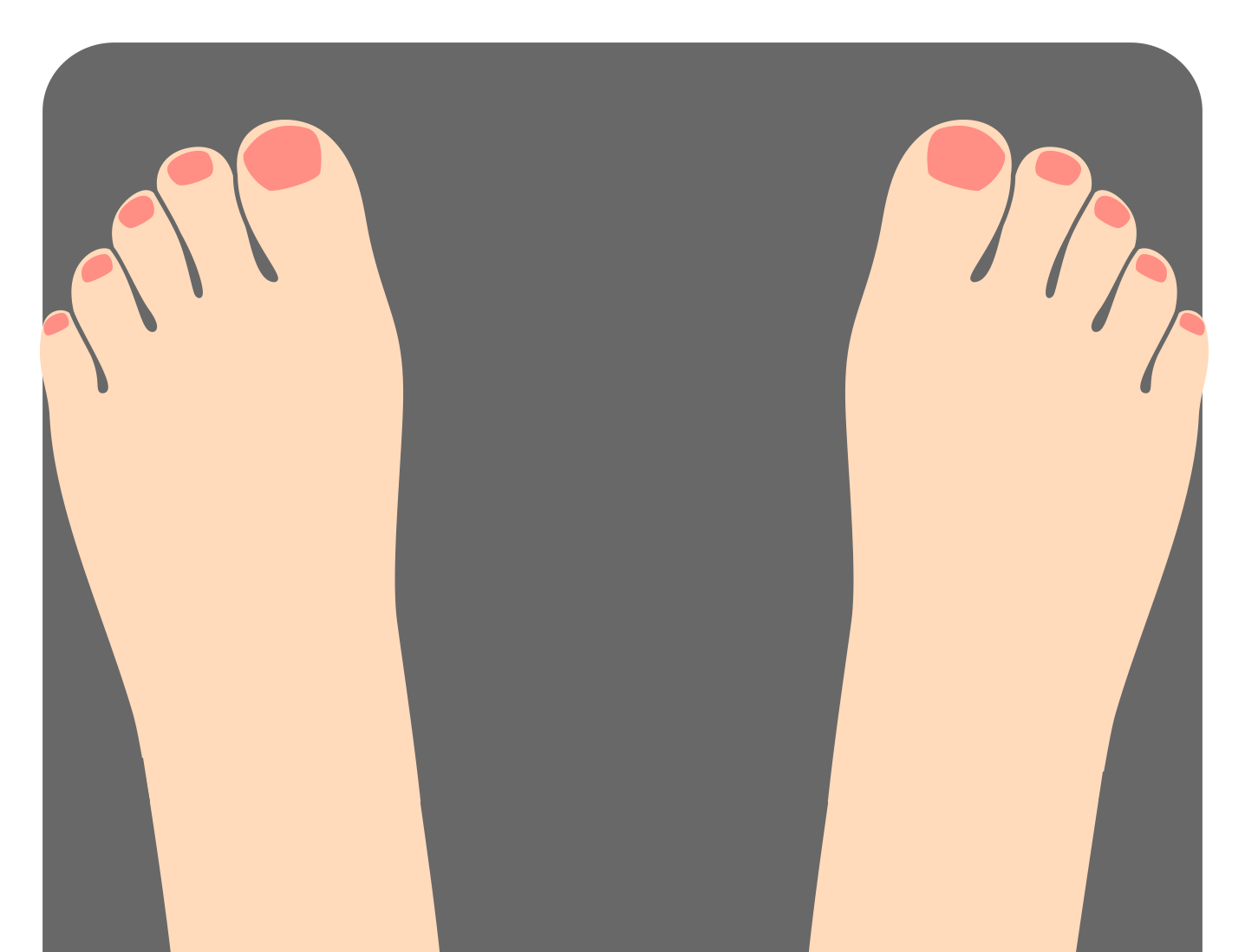
Tel: 2895 0099 7/F, Cameron Centre, Tsim Sha Tsui Booking
Weight and Wellbeing Center
Obesity and Metabolic Syndrome
Nowadays, more and more people suffer from obesity. Obesity is associated with a number of diseases. According to WHO data, people with obesity have 3 times higher risk for having diabetes mellitus, metabolic syndrome, gallstone disease, hyperlipidaemia and obstructive sleep apnoea and about 2-3 times higher risk for having hypertension, hyperuricaemia, gout, osteoarthritis and coronary artery disease. Last but not least, breast cancer, endometrial cancer, colon cancer, polycystic ovarian syndrome, infertility, low back pain, foetal anomalies and anaesthetic risk are at higher risk (~1-2 times) for having.
According to the Population Health Survey (PHS) 2014/15 conducted by the Department of Health, 29.9% (24.4% of females and 36.0% of males) of persons aged 15-84 were obese (i.e. BMI ≥ 25.0 kg/m2) and another 20.1% (19.3% of females and 20.9% of males) were overweight (i.e. 23.0 kg/m2 ≤ BMI < 25.0 kg/m2). Obesity was most common among females aged 65-84 (34.3%) and among males aged 45-54 (51.1%).
BMI Calculator
BMI formula
BMI = Body Weight (Kg) / Height2 (m2)
| Your Height (cm) | |
| Your Weight (kg) | |

Your BMI

–
Normal BMI range (for Asian) 18.5– 24
Why is it so hard to lose our body weight?
It is because our body weight is maintained by our central nervous system. It works just like our central nervous system maintaining out body temperature. Whenever our core temperature drops, signals generated from our brain alter our thoughts and behaviors. Similarly, when we start to lose your body weight, our brains send similar signals to alter your thoughts and behaviors. The signals make your feel hunger and tiredness. When your thoughts and behaviors are changed, you will eat more energy rich food and exercise less. At a result, body weight regains after an initial loss.
The key components to lose our body weight and maintain our weight reduction results are:
- An enjoyable calorie deficit diet (With dietitian’s input)
- Balanced micronutrients and minerals intake
- Find an enjoyable activity and start gradual increase in daily exercise level (with exercise therapist’s input)
- Means to suppress hunder (by means of natural hunger suppressant or medications).
The daily calorie intake for men and women regardless of height and weight
Basal metabolic rate according to age, height and body weight
| Gender | Age | ||
| Weight | Height | ||
| 工作量 | 壓力因子 | ||
Calories to be ingested

Contact Us
Weight and Wellbeing Center
Whatsapp : +852 6465 8235
Tel : +852 2895 0099 Fax:2895 0135
Email : drtsui@weightandwellbeing.com.hk
Address : 7/F, Cameron Centre, 57-59 Chatham Road, Tsim Sha Tsui, Kowloon
| Make an appointment | |
| Monday to Saturday | 10am - 7pm |
| Saturday | 10am - 2pm |






